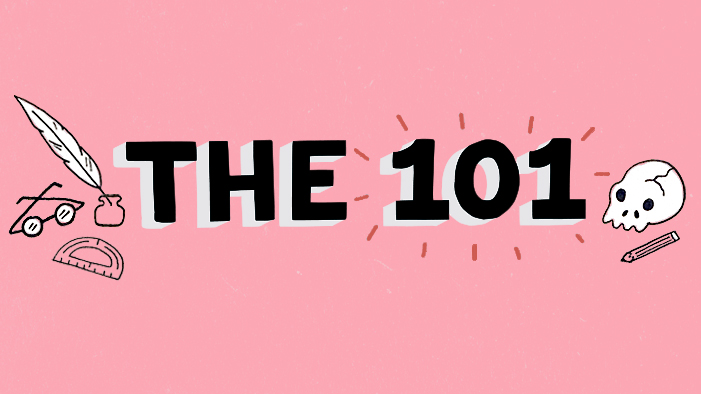How to Write a Personal Statement

Writing a personal statement is undoubtedly the worst part of filling out an application for—anything. I absolutely hate writing them and no matter how many I’ve written, (see my applications to college, graduate school, artists residencies, and grants), I still spend days procrastinating and freaking out before the drama calms down and I finally sit down to do it. Members of the admissions board want to know who you are and why they should pick you over other applicants. Sounds somewhat simple—but there is an art to writing this little devil. Here are tips I’ve gathered along the long, hard, tedious way of writing personal statements through the years. Good luck!
1. Start early. In my experience, it will take an average of 5-7 drafts to complete a two-page personal statement (and, FYI, they say the proposal for a Fulbright takes 15-20 drafts!). Don’t leave your statement until the last minute. You’ll also need time for as many different readers as you can find to give you feedback, (see #7).
2. Research “How to Write a Personal Statement.” What does it look like you’re doing? Yes, you’re researching how to write a personal statement—but don’t stop here. The more information you gather, the better, and a little googling can bring you to tips that come straight from the mouth of readers of college applications.
3. Research the institution to which you’re applying. They don’t need you to kiss their asses, and flattery that comes off as phony or insincere will make you a less desirable candidate (as will stating really generic reasons why you like that school, i.e., “Harvard University is one of the most prestigious universities in the nation”). But they want to know that you aren’t applying there on a whim, as well as the reason why you’re applying there instead of, say, clown college or trapeze school. Is there a professor with whom you want to study? Does the school offer a major or minor you’re unable to pursue elsewhere in such a specialized way? Does the school offer a community among its student body population that you’re into? WHY do you want to go there??
4. Don’t make their eyes glaze over. What do you mean? It was put to me like this: Imagine that your reader is trapped into a room with three others and stacks on stacks of applications. You want to get his or her attention as quickly as possible. Therefore, do NOT open your statement with something that gets repeated again and again and again among their stack of applications. “It is my great honor to submit to you my application for,” and, “I have been a lover of science since the age of three,” are two examples of common, incredibly dull opening lines. If the personal statement reads like a story of who you are as a student, how you got there, and where you want to go, start telling your story right off the bat. Skip the preamble.
5. It’s not a confession and it’s not a brag sheet. Did you experience some intense family drama in 10th grade that made you bomb your first attempt at the SATs and only after lots of counseling were you able to get your score up? I’m glad you made a comeback, but please keep this kind of info for your blog or memoir writing class; it’s TMI for college admission boards. You can definitely mention hardships you’ve experienced and how you’ve overcome them—how they’ve made you a determined go-getter—but don’t overshare or throw yourself a pity party. Have you won a lot of academic awards? Are you number two in your graduating class? Did your English teacher tell you she’s never had a brighter, more gifted young poet in her class in her 25 years of teaching? You rock! But nobody likes a showboat. Try to find that sweet spot between being obnoxious and sharing your achievements as a student/artist/athlete, etc.
6. Don’t be funny. Too tricky. Humor is subjective and can be very easily misinterpreted as insincere. (Ed. Note: when I successfully applied to grad school, I wrote in my personal statement that if poetry were a character in my life, it would be voiced by Morgan Freeman, so… ¯\_(ツ)_/ ¯)
7. Get yourself readers and proofread, proofread, PROOFREAD. Parents, teachers, friends—get outside help. And let me share the most brilliant strategy for proofreading, handed down to me from my 4th grade English teacher: read your statement one line at a time, backwards…It really works!
Have you ever written a personal statement? Share your tips in the comment












